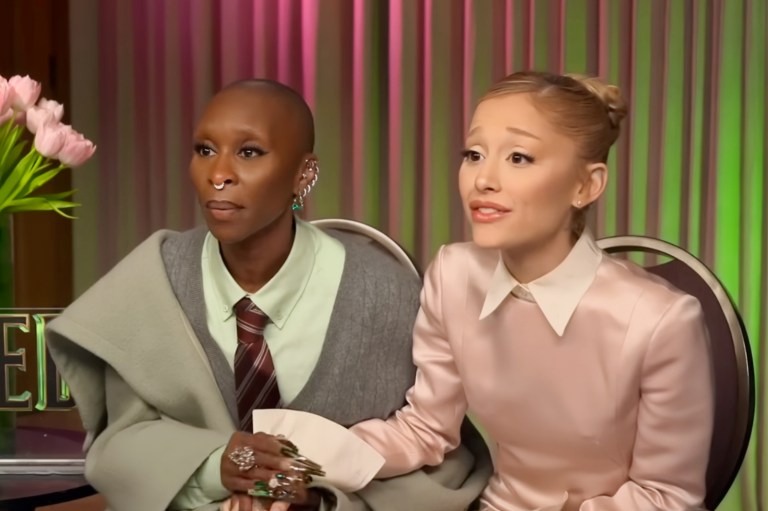
When They Don’t Love You Back
You can tell when you send them a good-morning text message, or mail them a gift, or take the time to do something for them that you know they'll barely appreciate -- this isn't going to be reciprocated.
There’s a strange feeling that sometimes overcomes us when we’re reaching out to someone, this feeling of acute embarrassment. “Are we bothering them?” we ask ourselves, and almost wanting to apologize for even sending a message in the first place. It’s as though our very presence in their lives is a nuisance, and our efforts to connect as friends or lovers is one that only complicates things for them. We want to say, “I’m sorry that I want to talk to you, it’s weird and I should probably stop.”
The thing is, you can feel when you’re bothering someone. It’s not difficult to tell when you are the one who is always reaching out, always initiating contact, always starting the conversation. You realize in a way that is at once terribly humiliating and almost masochistically sweet that you are the one chasing after them. When they grant you with their reciprocity, with their attention — nothing feels better. But most times you are left sending a message that you immediately regret, because you know that it only puts one more tallymark in the “you need them, and not the other way around” column.
There are few things more painful than feeling like you’re constantly going out of your way for someone who is, at best, mildly amused by your affection. It’s hard to explain the feeling of disappointment exactly, but it’s mostly directed towards yourself. You can tell when you send them a good-morning text message, or mail them a gift, or take the time to do something for them that you know they’ll barely appreciate — this isn’t going to be reciprocated. This isn’t going to be really appreciated. Hell, it may not even be noticed. But you can’t stop yourself.
It’s just a sad, universal truth that there are people we love a lot who don’t really love us back. Whether platonic or romantic (or even, sadly enough, familial) there are always going to be these uneven relationships in which one person is constantly left feeling as though their emotions and their desires are a mild irritant. There are going to be friends we go out of our way for who never quite acknowledge us in return, who will never be there to listen to our problems, who will never drive out in the middle of the night to pick us up when we’re in trouble — no matter how much we do these things for them. And there are going to be lovers with whom we long to construct an entire relationship, but with whom we will always feel stuck at the frustrating “beginner phase” where no exchanges go beyond the superficial. It just happens.
The most difficult thing, it seems, is being able to admit when your love is going nowhere. Speaking personally, I have watched as more than one friendship proved themselves to be entirely one-sided, when my attempts to connect with the person (even in forums as non-committal as sending a Gchat), were proving increasingly pathetic. I was just way more into them than they were to me, and there is always a certain amount of pain in admitting that. You don’t want to confront this person and tell them, “Hey, look at all of these nice things I do and efforts I make for you, and you don’t do any of these things in return,” because it is a sad thing to do.
It’s sad because the truth is that they don’t owe you their friendship or their love. They don’t owe you the same kind of relationship you desire from them. You can’t insist, through repeated action, that someone is now indebted to you because you have proven that you are worth of something. We make the choice to keep giving our attention and love to someone who has clearly demonstrated that they don’t want it, and it is always their choice to make if they one day decide they want to start reciprocating.
But to break the cycle and force yourself to stop initiating contact, to stop making effort, and to stop caring about their response — that is much harder. That means admitting that you have lost a battle you didn’t even want to acknowledge you were fighting. But when we’re trying to get someone to love us back, it’s always a battle. And it’s one we’re almost always guaranteed to lose. ![]()











